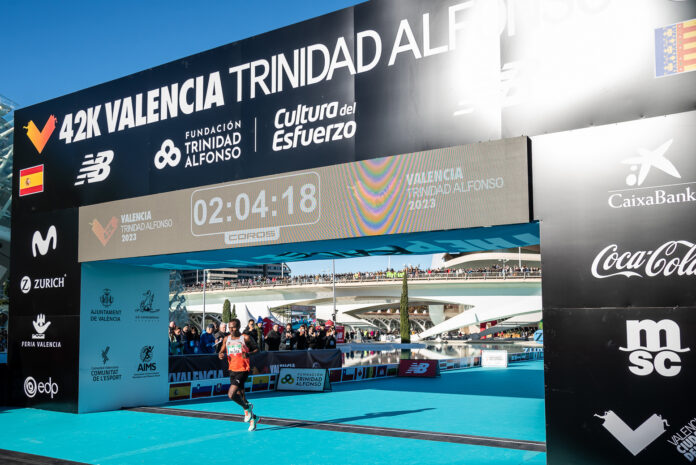
After 24 years without a men’s marathon gold and 12 years since their last women’s triumph, Ethiopia eyes a triumphant return to Olympic marathon glory in Paris. Renowned sports journalist Hana Gebresilassie weighs in on Ethiopia’s prospects for the upcoming challenge.
Stephen Granger, bird story agency
Less than four weeks before the start of the Olympic Marathon takes off in Paris, the world’s leading marathon runners are engaged in their final preparations in various parts of the planet.
‘Camped’ in a comfortable hotel in Ethiopia’s northern suburbs are Kenenisa Bekele, Tigist Assefa and the power-packed Ethiopian squad, currently putting the finishing touches to what they hope will be their best-ever Olympic Marathon performance.
The Ethiopian team boasts athletes of extraordinary caliber, such as Tamirat Tola, the reigning New York Marathon champion and gold medallist at the 2022 World Championships in Oregon, alongside Gotytom Gebreslase, a 2022 World Championship victor. Their formidable presence has even the mighty Kenyans taking notice.
From Abebe Bikila, the first athlete to achieve double gold for the Olympic Marathon (1960 and 1964), there have been Ethiopian running legends aplenty from which the current team can draw inspiration.
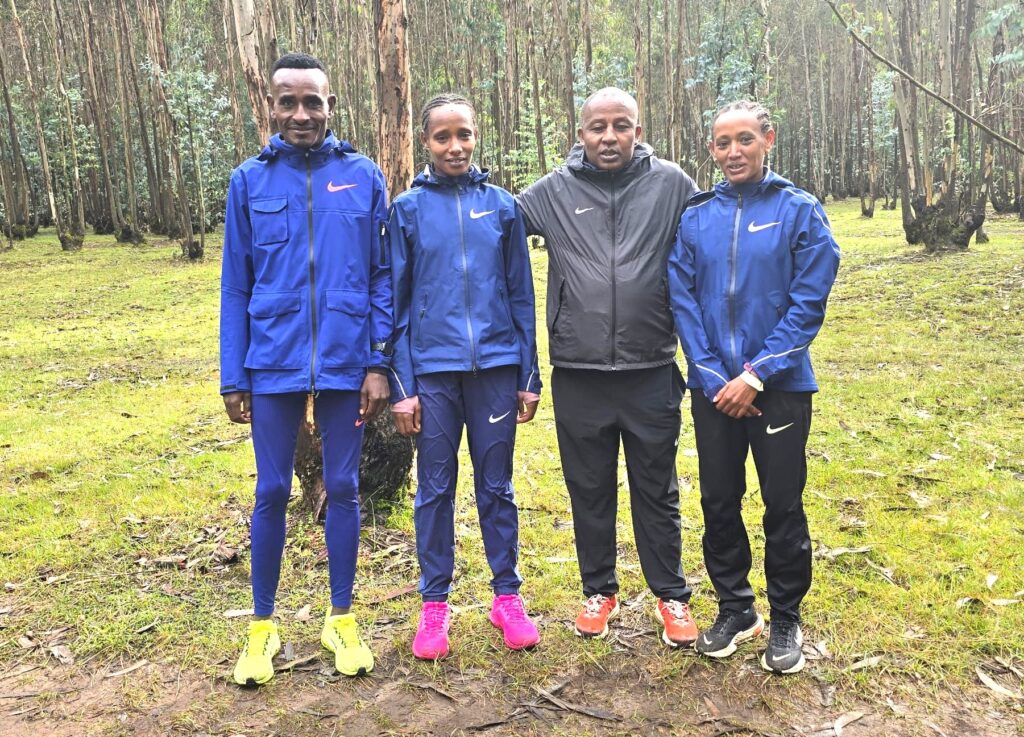
Adding to the team’s motivation will be the presence of a living Ethiopian legend in Paris: Derartu Tulu, the first African female athlete to clinch an Olympic gold medal. Tulu achieved this historic feat in a thrilling showdown against South Africa’s Elana Meyer in the 10,000m event at the 1992 Barcelona Olympics.
Now President of the Ethiopian Athletics Federation, Tulu will be at trackside to urge her compatriots on to similar success.
Renowned sports journalist Hana Gebresilassie, who attended the unforgettable thirty-year reunion between Tulu and Meyer in Barcelona two years ago, highlights the current team’s strength.
In an exclusive interview with bird story agency, she shared her perspectives on the Ethiopian marathoners’ prospects in Paris and delves into the crucial elements driving the success of Ethiopian distance athletes.
“I believe that past heroes such as Abebe Bikila and Derartu Tulu provide tremendous inspiration for aspirant runners today. They (today’s generation) want to be like them,” she explained.
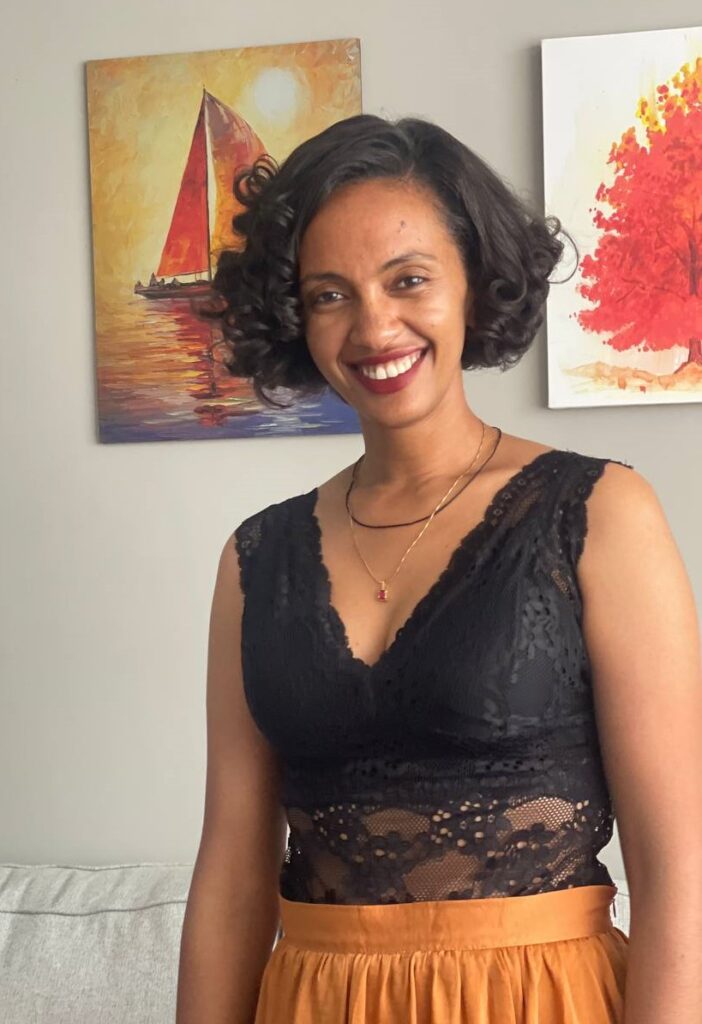
“There is a large pool of athletes, mostly coming from rural areas. They typically live active lifestyles where youngsters are forced to run to schools and markets, sometimes up to 15 – 20km a day. That makes them stronger and takes them on a path which can potentially result in their becoming competitive athletes,” she added.
Gebresilassie also believes the hilly landscape and varied topography at high altitudes naturally enhance the Ethiopian team’s capacity, fostering their strength and resilience.
“Typically, athletes in the developed north have opportunities to train in good conditions, get the best nutrition and support. Most Ethiopian athletes don’t get those privileges and have to struggle to overcome the challenges. But they say that what doesn’t kill you makes you stronger and that ultimately helps to create strong athletes,” she explained.
She also answered the question on everyone’s lips – can Kenenisa Bekele, arguably the greatest distance athlete in the history of the sport, turn back the clock at 42 years of age and recapture Olympic glory?
“I wish he could!” remarked Gebresilassie. “He is an exceptional talent. His recent performance in the London Marathon underlines that (he finished a close second to Kenyan Alexander Munyao).”
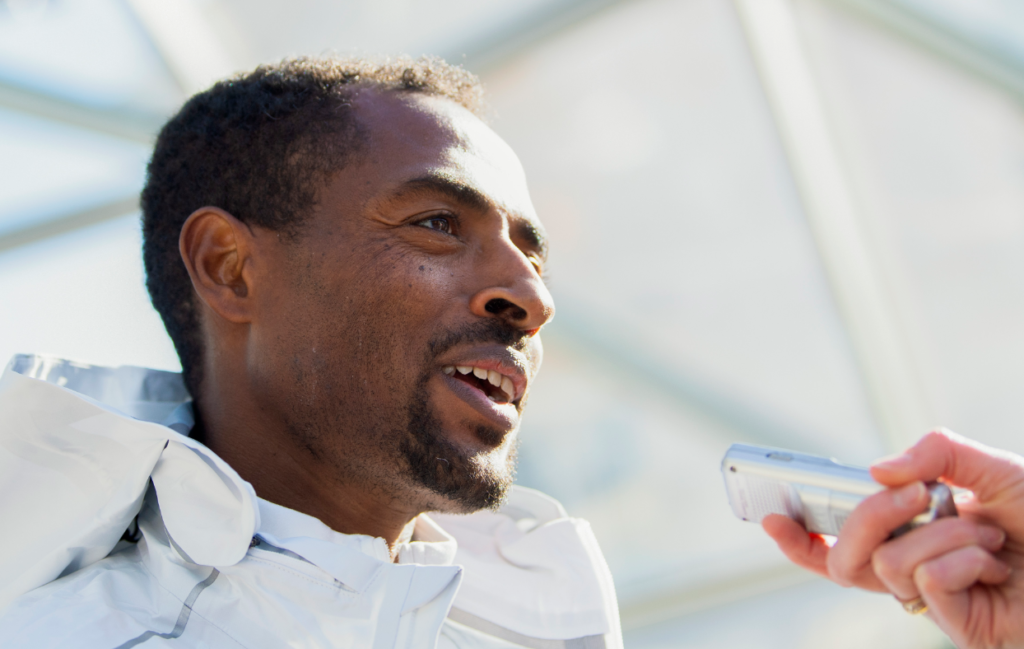
“The Olympics will be a big challenge for him. Apart from the difficulties on the hilly course to overcome, he will have to deal with the additional load of expectations from teammates and from everyone in Ethiopia. So he carries more responsibility.”
She highlighted that he is capable of handling pressure, having raced at the highest level for more than 20 years, so that pressure will not hold him back.
“His rivalry with Eliud Kipchoge will be a feature of the race and here I think the course will help Kenenisa. I think he will cope better on the hills than Kipchoge,” she added.
Additionally, Sisay Lemma, currently ranked third globally, enters the race with momentum from his recent Boston victory and a personal best of sub-2 hours and 2 minutes set at Valentia in December. His aim is to fend off the Kenyan challengers and potentially secure a gold medal. The key question remains: Will the Ethiopian team adopt a unified strategy to navigate the competitive pressure?
“Sisay is running sharp and you cannot discount him for the medals,” Gebresilassie explained. “It could be that the focus on Kenenisa could take some of the pressure off Sisay and count in his favour.”
“About team tactics, that would be up to the national team coach (either Haji Adilo or Gemedo Dedefo) to decide on whether to work as a team with the aim of securing victory for Kenenisa. But equally they may decide to leave alone and let the athletes run individually,” she disclosed.
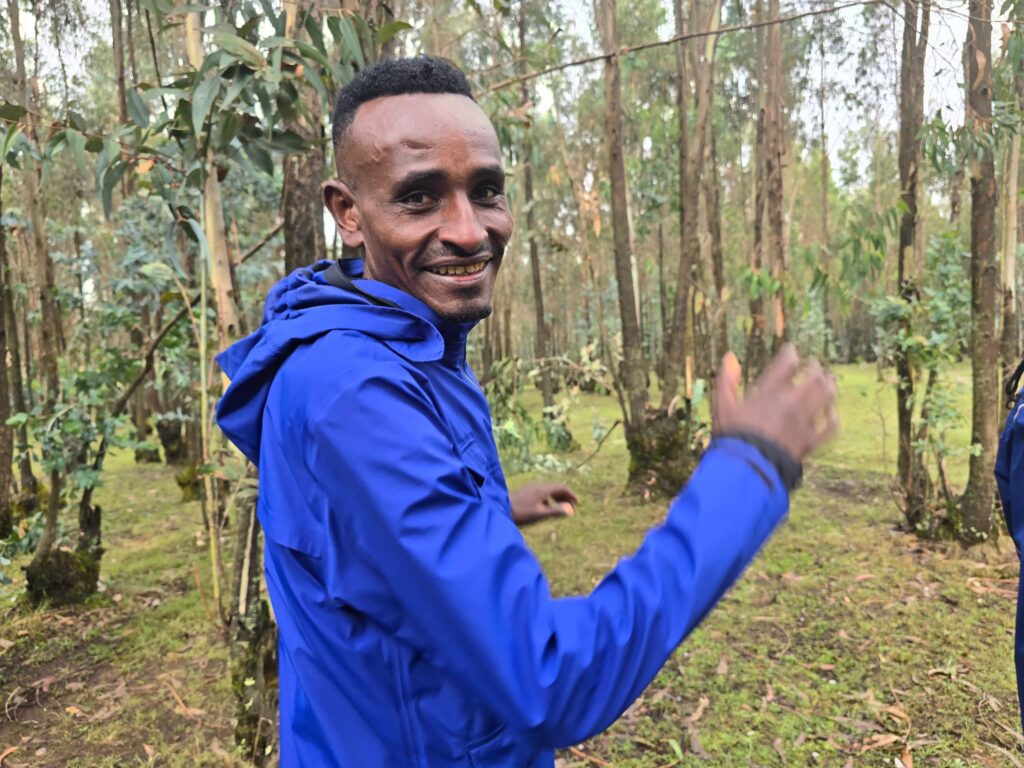
Gebresilassie also believes that Deresa Geleta, winner of the Seville Marathon in February, was perhaps fortunate to have earned the nod ahead of New York Marathon winner Tamirat Tola (named as reserve). While no fewer than fourteen Ethiopian athletes are ranked ahead of Geleta on the current world rankings, the latter’s recent good form likely clinched his place, said Gebresilassie.
“Honestly, I did think that Tola would be in. He has raced consistently for the past eight years. He won bronze in the 10 000m at the Rio Olympics in 2016, silver in the marathon at the World Championships in London in 2017 and won the marathon at the World Championships in Oregon in 2022.”
“Many considered Tola (6th ranked in the current world list and the second-ranked Ethiopian behind Lemma) in their top three and this created some controversy. I think Tola could have performed better on the hilly Paris course,” she added.
This year the women’s marathon has been scheduled as the climax of the Olympics and the Ethiopian trio, led by Tigist Assefa, whose 2:11:53 win in Berlin last year stands unsurpassed in women’s competition, look as strong as their male counterparts.
Any nation who can omit from their Olympic top three athletes of the calibre of Sutume Asefa Kebede, who won this year’s Tokyo marathon in 2:15:55, Gotytom Gebreslase, 2022 World Champion in Oregon and runner-up by just 11 seconds in Budapest last year, and 2023 New York Marathon runner-up, Letesenbet Gidey, is to be feared.
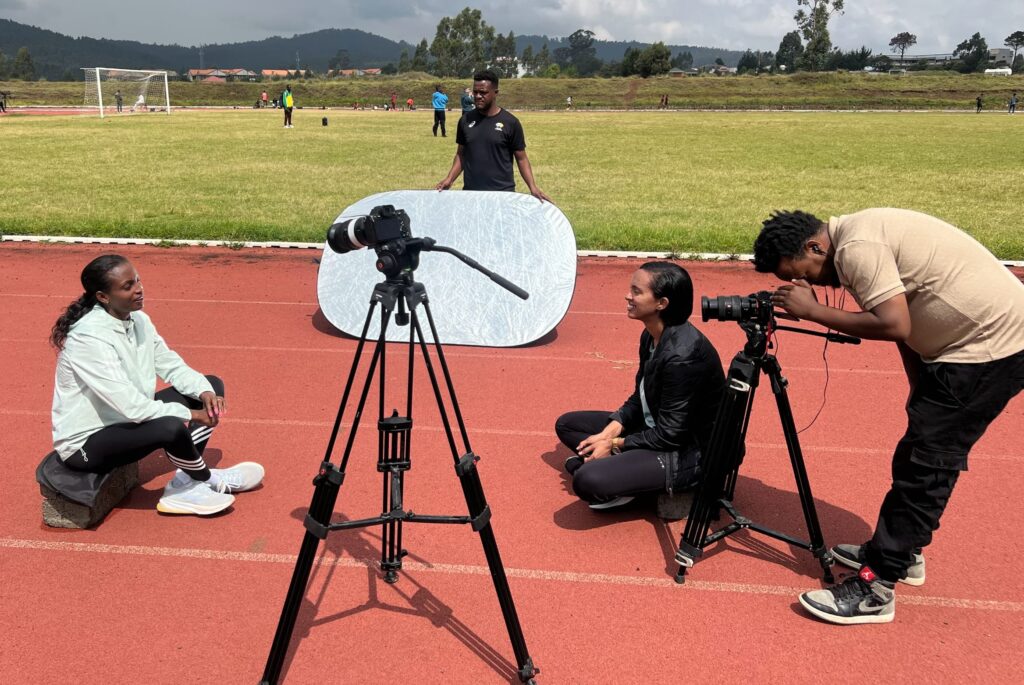
With Assefa’s sub 2:12 and Amene Beriso’s 2:14:58 set in Valentia 18 months back, they have the edge over their Kenyan counterparts in terms of raw speed. World 7th-ranked 2:16:34 marathoner, Megertu Alemu, 26, is the third athlete in their team.
“(Tigist) Assefa certainly won’t repeat her fast times at Paris,” Gebresilassie continued. “I spoke to her last week, and she is aware that everyone’s eyes are on her. She says she has already visited the course and knows it’s not like Berlin.
“Her main competitors will come from her teammates and the three Kenyans. In particular, she regards Helen Obiri and Peres Jepchirchir (who beat her at London in April) as very tough competitors,” Gebresilassie explained.
“Amene (Beriso) is in good form,” Gebresilassie reflected. “She hasn’t raced much this year following her third in Tokyo in March and has been training solidly for Paris.”
“Gotytom was unlucky, having done well in the last two World Championship marathons, but she has not been as strong in the last twelve months. She did not finish in New York last November and only ran third in Hamburg (2:21:19).”
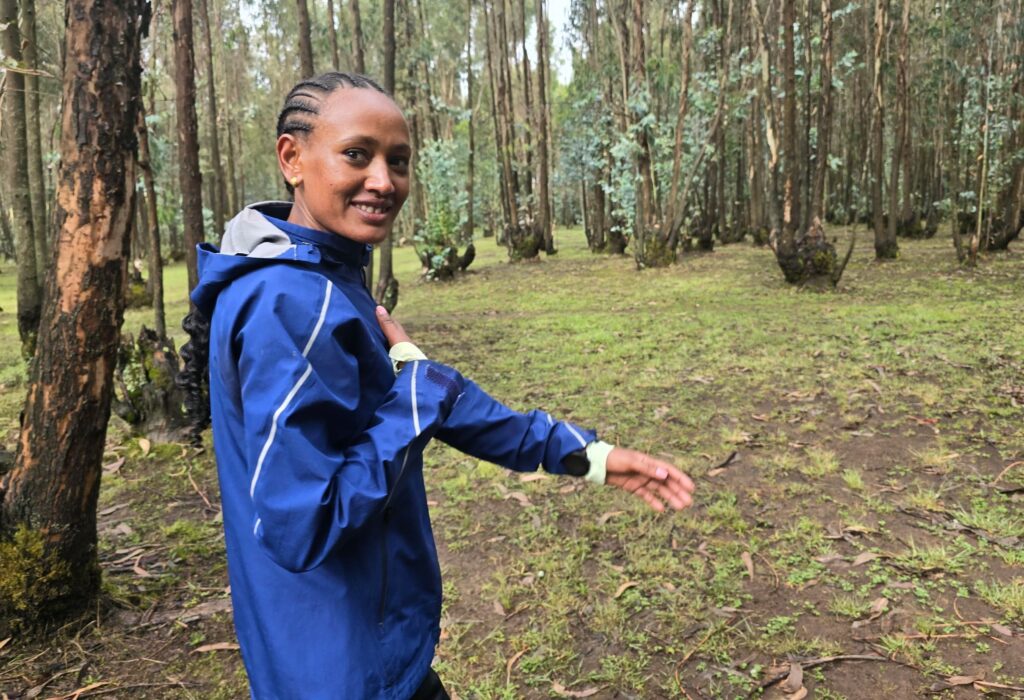
Expectations for marathon success in Paris are high in Ethiopia. It’s been 24 years since their country won gold in the men’s marathon (Gezahegne Abera in Sydney in 2000) and 12 years since they tasted success in the women’s (Tiki Gelana in London in 2012) and the fans are hungry for more.
“The athletes are all training together in Addis Ababa,” Gebresilassie confirmed. “One worrying aspect is that the weather has been cold and wet and the heat in Paris could prove a challenge for the athletes. Ideally, they should be training in similar conditions.”
bird story agency


